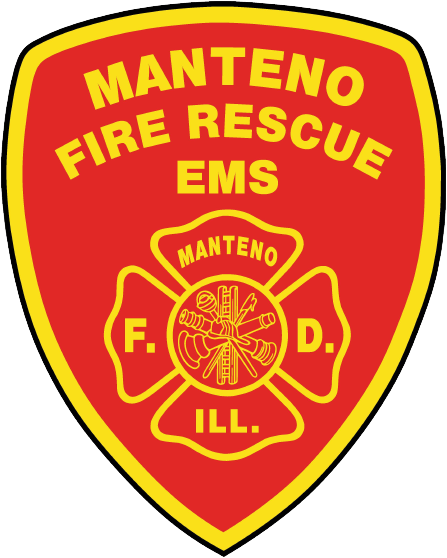Incident Imbalance Message
To Our Community,
Our fire protection district is proud to serve every resident, every business, and every facility within our jurisdiction. That promise doesn’t change based on who calls, how often, or how challenging the call may be. We respond-without hesitation-because that’s the oath we took.
But we believe it’s time to have an honest conversation about fairness, responsibility, and the future of emergency services in our community.
A small number of locations generate a large percentage of our calls. some of them for routine, non-emergency needs. Many of these locations do not contribute equally to the tax base that funds our personnel, training, equipment, and response. Yet when an emergency strikes anywhere in our 96.3-square-mile district, we are expected-and committed-to respond quickly, professionally, and fully prepared.
This imbalance creates strain. It stretches our resources, increases response times, and risks leaving fewer units available when true emergencies occur. In fact, 50% of our incidents happen while other calls are already in progress, creating availability challenges for our units and increasing the likelihood that multiple emergencies will compete for the same limited resources. This not only delays our ability to respond to the next urgent call-it wears down our firefighters, leaving them less sharp and more fatigued for the emergencies that follow.
One example is the high number of “lift assist” calls, where a patient needs help getting up after a fall. While this may seem quick or simple, the average lift assist takes approximately 20-25 minutes. During that time, we must not only provide the lift, but also evaluate the patient for possible injuries, assess the environment to ensure the fall hazards are corrected, complete necessary paperwork, and-often-provide a brief safety education to help prevent another fall. Even a single non-emergency call like this temporarily removes our units from being available for a life-threatening emergency, especially if another incident is already in progress.
We want to be clear: This is not about blame. It’s about sustainability, and about respect-for the services we provide and the people who provide them.
Some in our community have raised strong objections to projects, policies, and decisions made in the name of public safety and readiness. We support your right to speak out. But we also ask for shared responsibility: to consider how services are used, how they’re funded, and how we can ensure fair access and support for all.
If you’re asking for transparency, we welcome that. But let’s also ask:
• Who is overusing 911 for non-emergencies?
• Who is helping sustain the system financially-and who is not?
• How can we work together to make this system stronger, safer, and more just?
What is affecting the cost of our operations-and continues to be a major cost & concern-is the nationwide shortage of firefighter/paramedics. This labor sho1tage is driving up staffing costs across the board, making it more expensive to maintain the level of service our residents expect and deserve. We’re working hard to manage these challenges while ensuring the safety of our community remains our top priority.
We serve without bias. But we believe service should be a partnership-not a one-way expectation.
Thank you for the continued oppo1tunity to serve, and for the trust you place in us each day. We’re here. We’re listening. We need to seek solutions that benefit the entire community. We are only as good as we are all!
